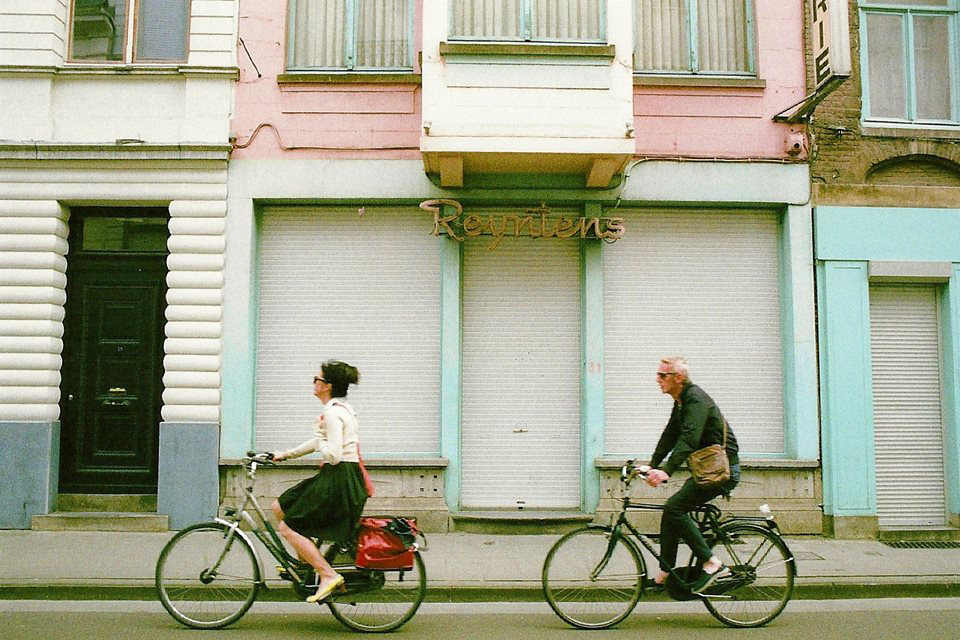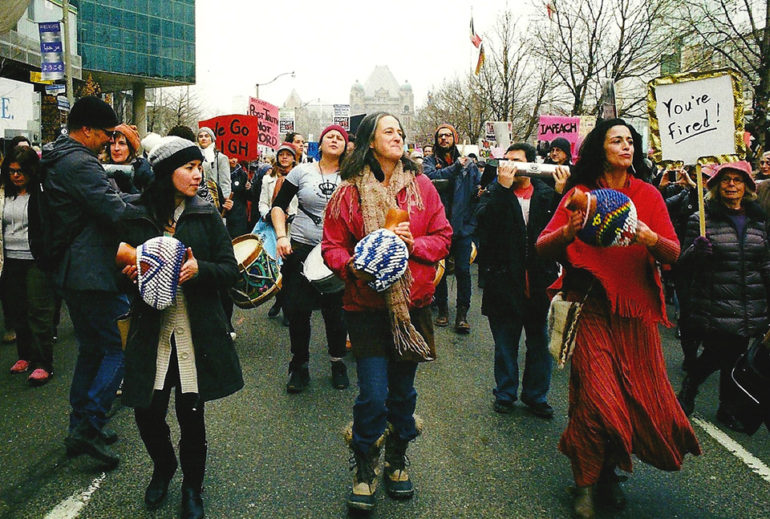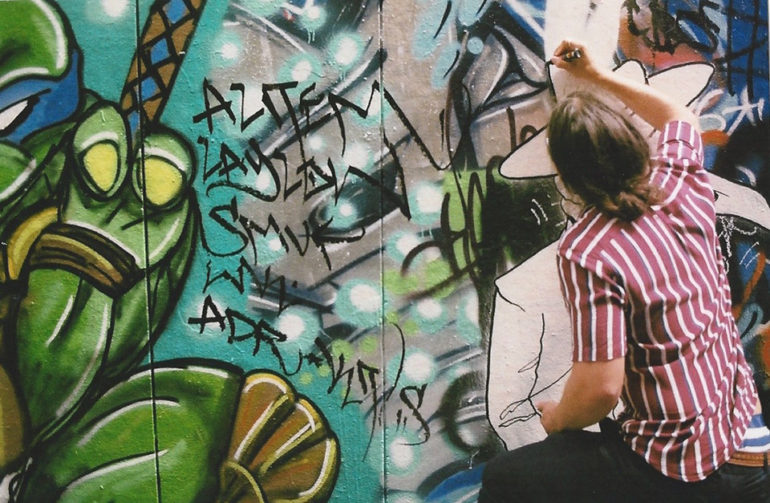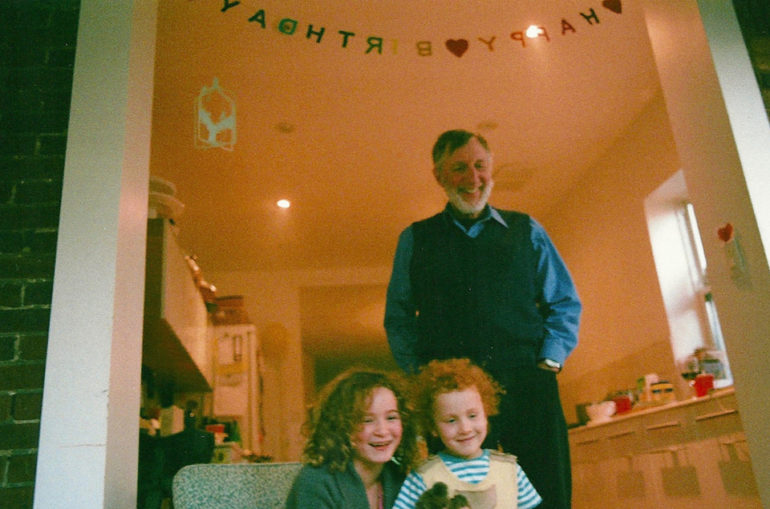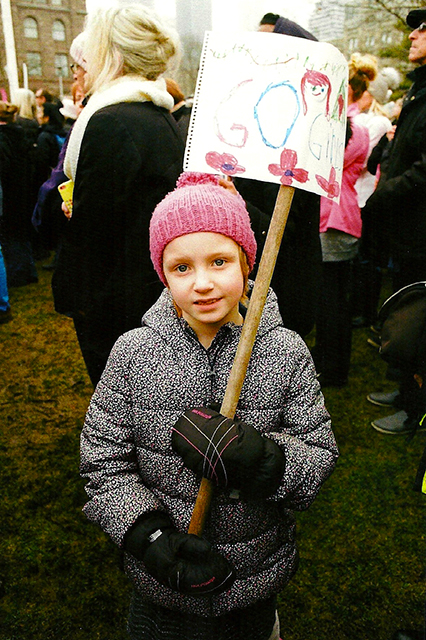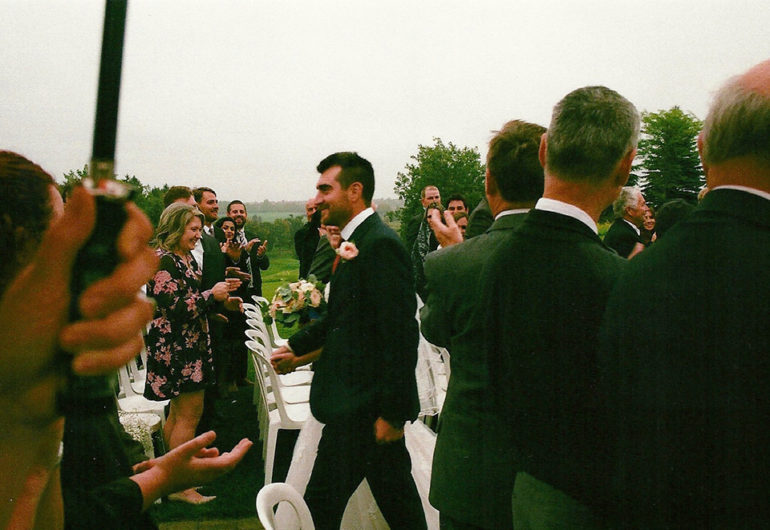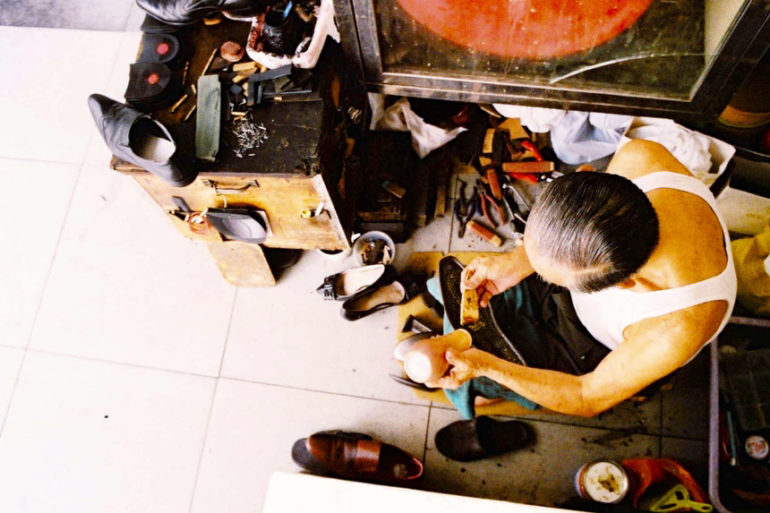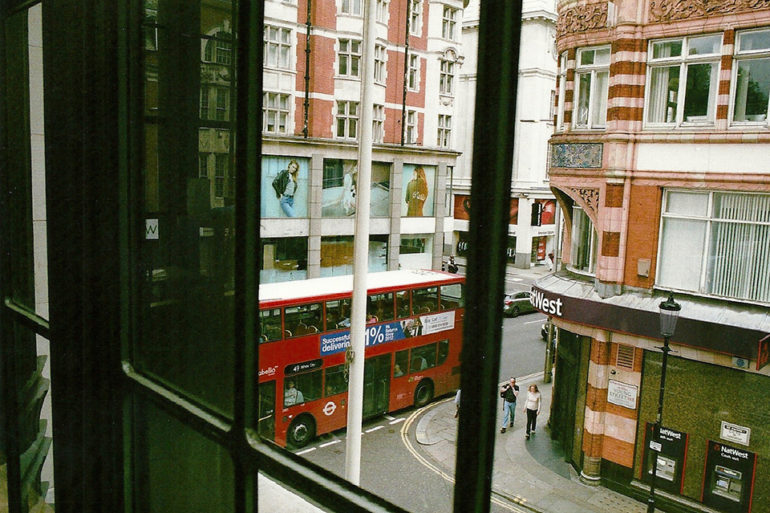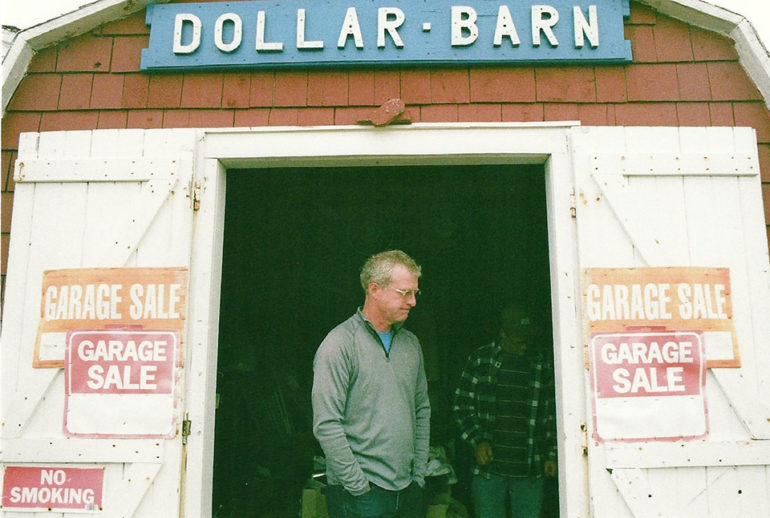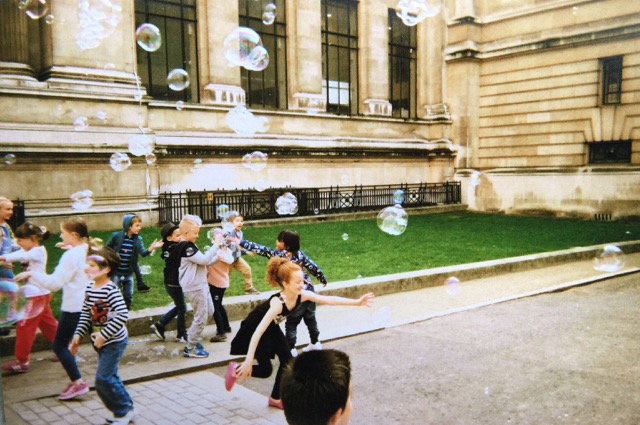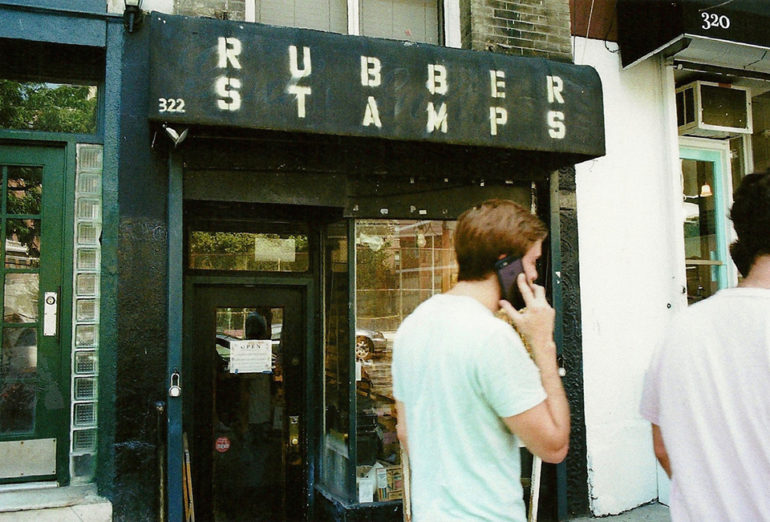All images by Katy Maclachlan. Used with permission.
In our continued features of analog photographers, we now get brought to photographer Katy Maclachlan. Her submission is one of the many that I genuinely feel is more than well suited to be featured on our website, but still not quite there for our upcoming analog zine. More importantly though, Katy’s work has soul. It has personality; and overall it’s still pretty darn beautiful.
Besides, she’s also got a pretty heartwarming story to go with it.
My name is Katy Maclachlan. I primarily use a CANON AE-1 and shoot with Kodak Portra 400 film. My film camera has given me a lot of healing this past year and I wanted to share my story. Thanks Chris!
Why did you get into photography?
I’ve been interested in photography since I was a child. Amidst the busyness of my childhood, I found holding a camera to be a very peaceful practice and an escape. While working in the music industry last year, my camera also brought me a sense of peace and patience as we traveled the globe. Being forced to slow down to shoot film prompted me to develop a gentleness that I hadn’t carried in the past. My camera is therapeutic and I’m thankful to always carry it in my backpack.
What photographers are your biggest influences?
Over the past year, I’ve spent many hours at libraries throughout Canada. Through delving deep into various photography books and catalogues, I’ve gained a huge admiration for Linda McCartney, Mary McCartney and Annie Leibovitz. As photographers, it’s as if their presence is eliminated. They don’t interrupt or intrude on moments. Instead, they vanish into the background and allow the moments to speak for themselves.
How long have you been shooting?
I’ve been shooting film for just over a year. I wanted to honour my Mom by carrying her camera from the around my neck as I travelled. She passed away when I was 15. It’s her Canon AE-1 from the 80s. I found it when we were moving out of our family home in 2015. I travel with my Mom’s Canon and my Brother uses my Dad Canon as he studies in Halifax, Nova Scotia, Canada. These cameras uniquely hold our family together. It’s as if I can welcome my Mom into my artistic practice and, for me, that’s very healing.
Why is photography important to you?
Like I said, it connects me to my Mom and forces me to slow down. My film camera produces photos that have a grainy, authenticity to them and because I primarily shoot people in non-intrusive environments, this effect conveys that sense of rawness and realness.
Do you feel that you’re more of a creator or a documenter? Why?
This is a very interesting question. I feel as though I am a mix of both. I document because, through sharing my photos, I can tell stories of people and places throughout the world. However, I am also a creator in the sense that each photo starts with a blank canvas. Because each photo take ends up costing $1.25 once I pay for the film and the development, I am reminded to slow down and create something that is both meaningful & worth the $$$. It’s very different than my iPhone in that sense.
What’s typically going through your mind when you create images?
I am thinking of a mix of things. I am using my intuition and patience to wait for a moment that will carry the emotion, feelings and essence of the humans within the space. I am often thinking about my family members who have used photography in the past. My grandmother shot documentary photos during WWII in England. My Mother used her camera to document the freedoms of childhood. My Aunt uses her photographs in her multi-media art. I am thinking of a combination of things. Mechanically, I am trusting my gut. Adjusting my exposure and shutter speed is an intuitive practice for me. When I get too technical, I overthink and miss the mark.
Processing Techniques: Well, I am beginning to take a photography course at Ryerson University on May 7th, 2017 in Toronto, Ontario, Canada because I want to learn the ins and outs of processing film. I am a kinaesthetic learner and need to be immersed in the environment to learn how to do something. At this point, I am very thankful for the stellar humans at Downtown Camera on Queen St. in Toronto for all their guidance and help in processing my photos. I also get prints because I feel as though getting scans is counter-productive to the film process… even though I usually end up scanning them anyway. I have about 500 photos in my room in stacks.
What makes you want to shoot film over digital at any given time?
It’s more meaningful. Quality over Quantity. Because of the restrictions and costs, it makes me take 24 very meaningful, authentic photos. I usually shoot about 1 photo/day as I go about my travels and life. Usually of friends, strangers, places. As long as I feel as though something in the shot deserves to communicate itself, I will stop, slow down, and take the photo.


